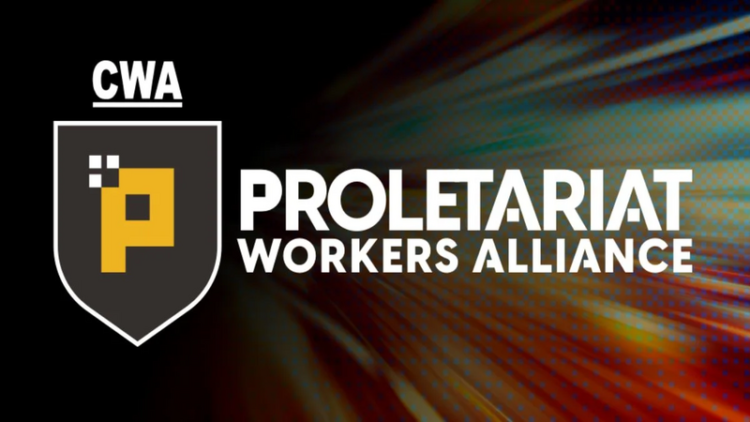The Communications Workers of America (CWA) announced Tuesday that a “supermajority of workers” at Boston-based Activision Blizzard studio Proletariat have agreed to form a union and have filed the necessary paperwork for a representation election with the National Labor Relations Board. Should a vote to form a union be successful, the studio’s workers will be represented through the Proletariat Workers Alliance/CWA. Like other studios in the Activision Blizzard ecosystem, Proletariat workers have aligned with the CWA.
Activision Blizzard has not issued a public statement on whether it will recognize the union or not, but Microsoft—who is fighting to acquire the Call of Duty and World of Warcraft maker for $69B USD—has signed an agreement with the union to not interfere in any organizing efforts. Meanwhile, Activision Blizzard has generally opposed all efforts for studios in its ecosystem to unionize.
If it is successful in unionizing, Proletariat would be the third Activision Blizzard studio to become a union shop alongside Wisconsin-based Raven Software and Blizzard Albany. The key difference is that the entirety of Proletariat’s workers would be represented, as opposed to QA workers who have successfully organized at the other studios.
Proletariat was founded in 2012 by a group of game-industry veterans from local studios including Harmonix, Turbine, Zynga, and Insomniac Games. Activision Blizzard acquired the 100 employee-strong, Boston-based studio in July of this year for an undisclosed amount of money. Proletariat is currently working on the company’s flagship MMO, World of Warcraft. Other games developed by the studio in the past include MMO World Zombination, two games built around streaming platforms called Streamline and StreamLegends, and multiplayer action-spellcasting game Spellbreak—which the company plans to shut down at the beginning of 2023.
In its mission statement, the Proletariat Workers Alliance seeks a flexible PTO policy, remote work as a permanent option, better healthcare, more transparency and communication on compensation and wages, better “processes and resources” for workers to grow and advance their professional careers, better policies related to mandatory overtime (often referred to as “crunch”), a more transparent process that holds both management and workers accountable when it comes to discrimination and harassment, and policies that support DEI at every level of the decision making process to help build a more diverse workforce.
